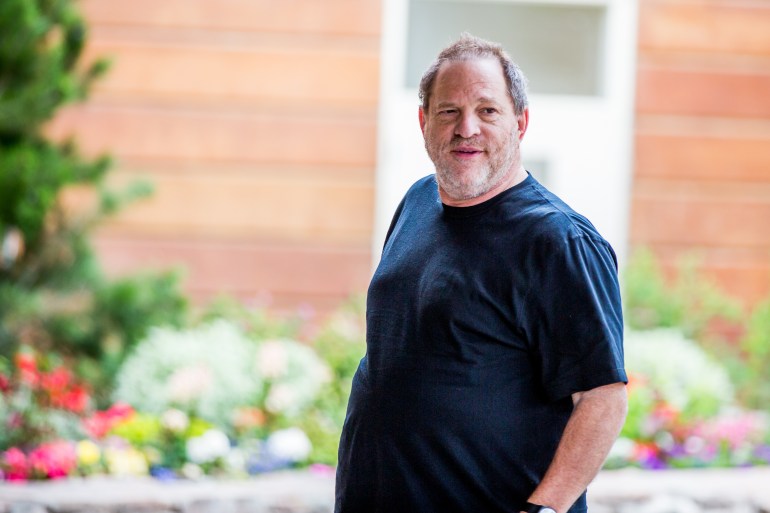Harvey Weinstein. (Photo: Thomas Hawk via Flickr creative commons).
The emerging sexual harassment allegations against movie producer Harvey Weinstein have sent the Hollywood entertainment industry reeling – and have also prompted intense international discussion on the issue of sexual harassment in the workplace.
Workplace sexual harassment is also of significant concern in Australia. Surveys conducted by the Australian Human Rights Commission in recent years reveal one in five people have experienced sexual harassment in the workplace, and over one in 10 Australians have witnessed it.

Employers have statutory obligations not to subject workers to sexual harassment, and will be vicariously liable for such conduct unless they take all reasonable steps to prevent sexual harassment occurring the workplace. Measures towards compliance with these obligations include training managers and employees on appropriate workplace conduct and implementing policies which reiterate those obligations.
However, these measures will be futile if an employer does not respond appropriately to inappropriate workplace conduct. In Australia there is a perception that not all employers will do so. Of those people surveyed by the commission who had experienced sexual harassment in the workplace, only a small proportion reported it, either because they were fearful that reporting would have a negative impact, or they felt that the response would be inadequate.
Similarly, many of Weinstein’s alleged victims say they either didn’t report the conduct at the time for these reasons, or that they did, but their complaints were ignored as his inappropriate conduct was apparently an ‘open secret’. Fear of victimisation was also a factor. The spotlight has now turned to Weinstein’s colleagues including the board, officers and other co-workers in terms of what they knew and whether, through their inaction, they condoned his (alleged) inappropriate behaviour.
Under Australian legislation these individuals in positions of organisational authority would have potential exposure, in their personal capacities, if they had knowledge of Weinstein’s inappropriate conduct and failed to act.
Employers can take a number of lessons from Weinstein’s storyline:

- Update policies and guidelines for sexual harassment and bystander action on sexual harassment.
- Implement these policies and guidelines through education and training about sexual harassment and bystander action and promote reporting and appropriate responses.
- Ensure corporate values are aligned with policies and guidelines through action, not inaction;
- Establish a workplace environment that encourages reporting of sexual harassment by:
- encouraging leaders to speak out positively about tackling sexual harassment and taking bystander action;
- providing multiple communication channels to report sexual harassment;
- responding to reports of sexual harassment in a timely way;
- providing training for those responsible for acting on reports of sexual harassment; and
- conducting ongoing monitoring and evaluation of bystander strategies.
Louise Rumble is a special counsel and Georgie Richardson a lawyer with Holding Redlich.


